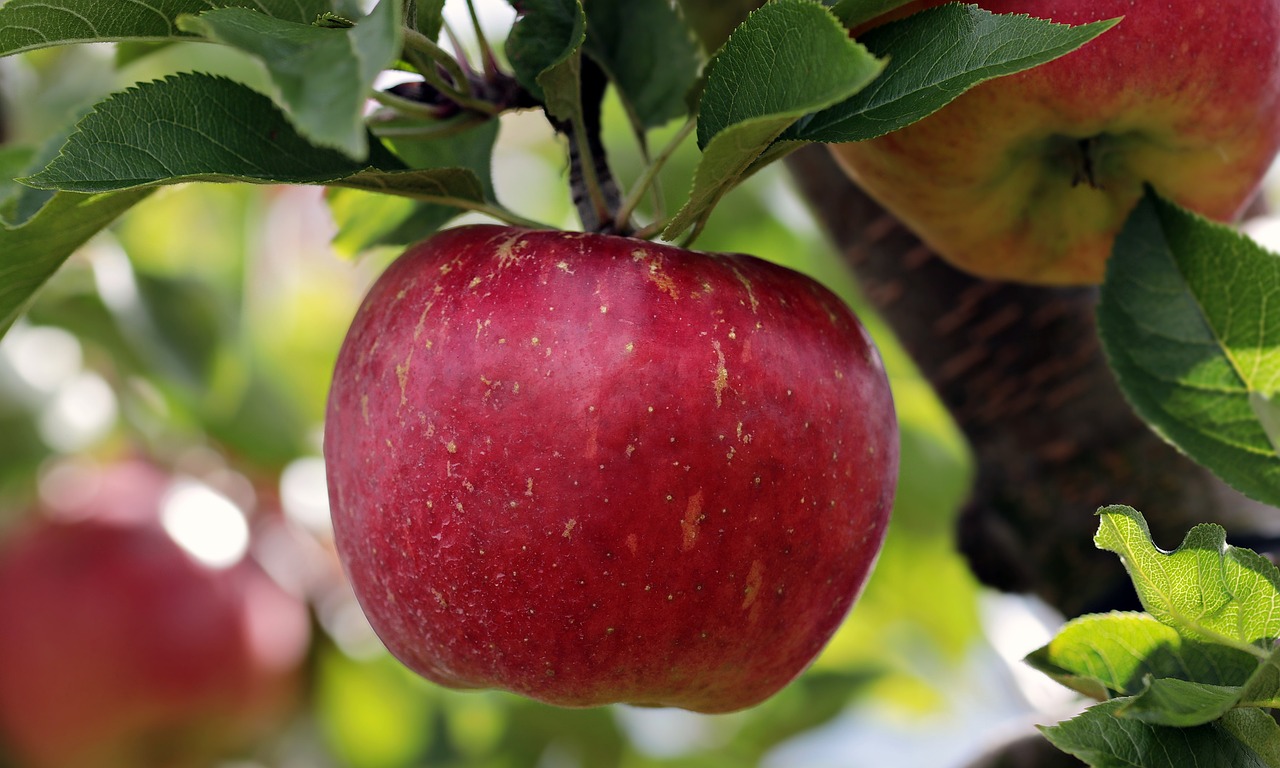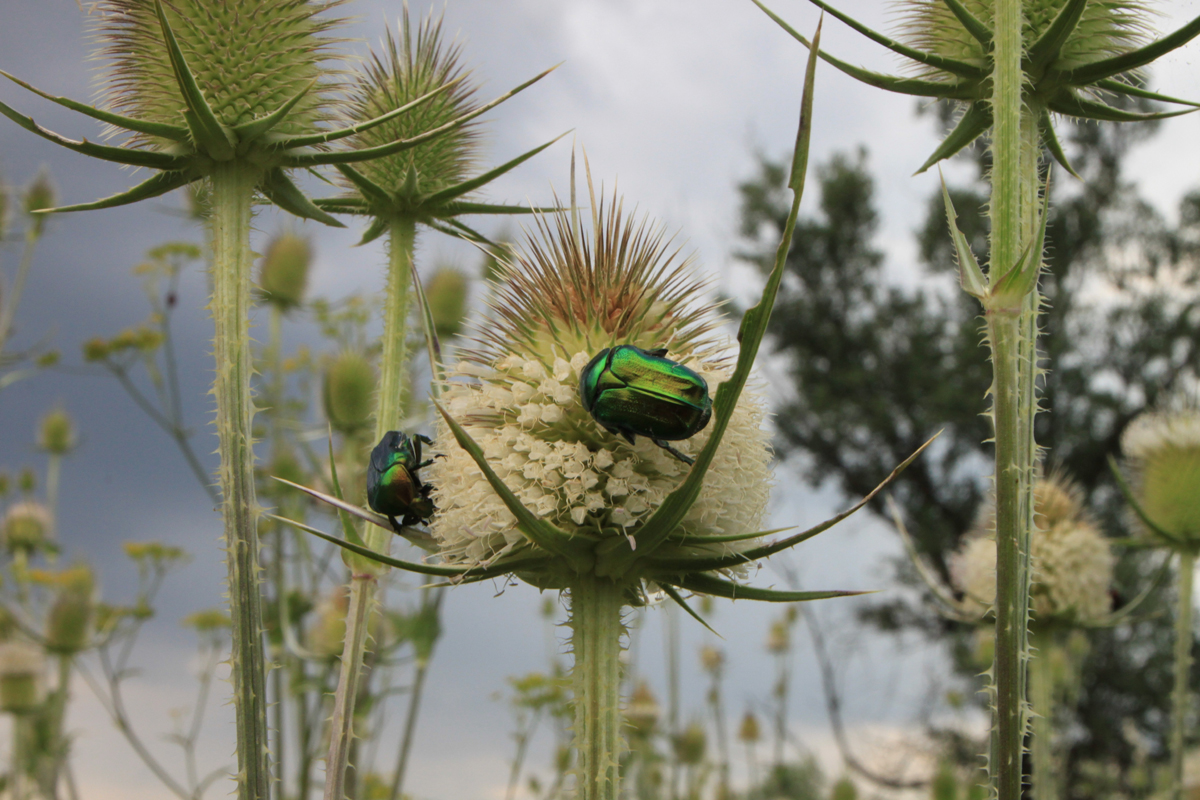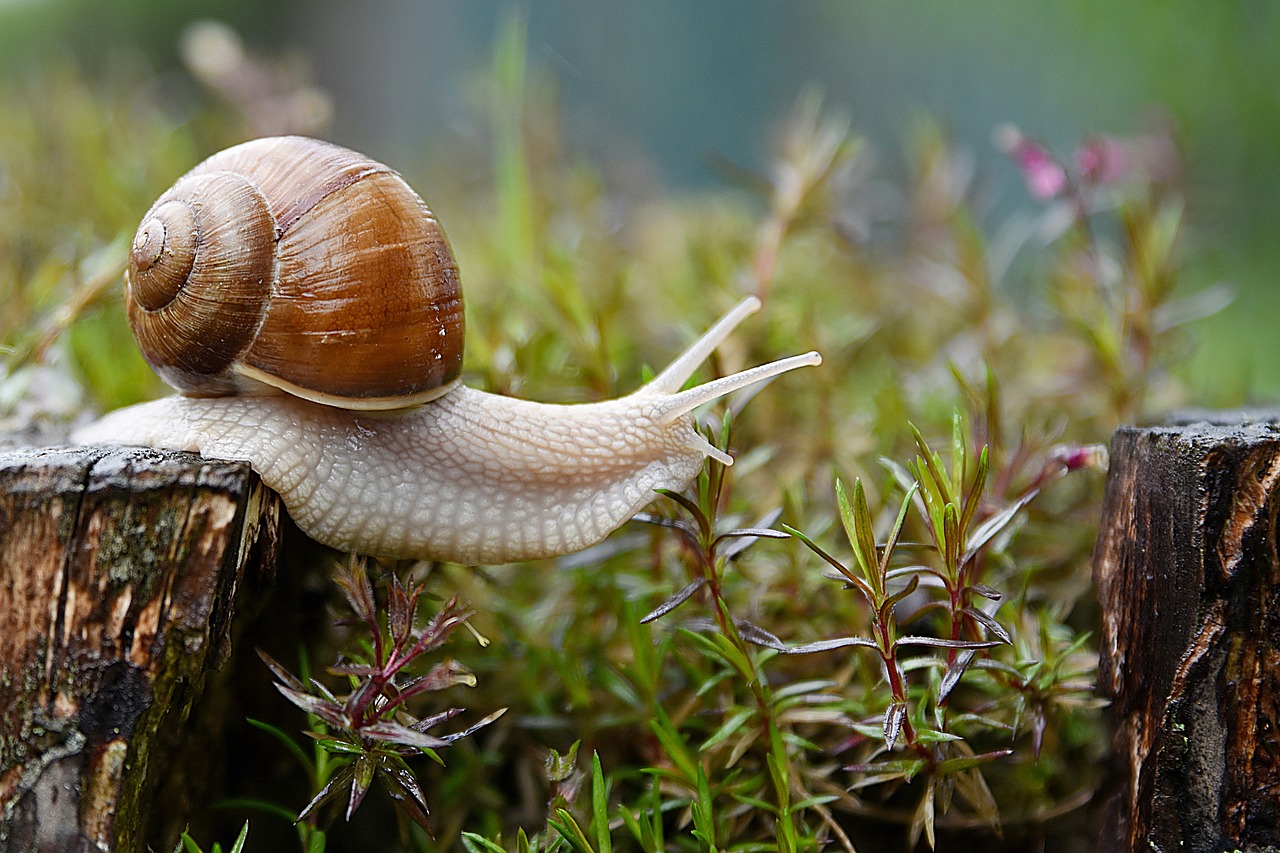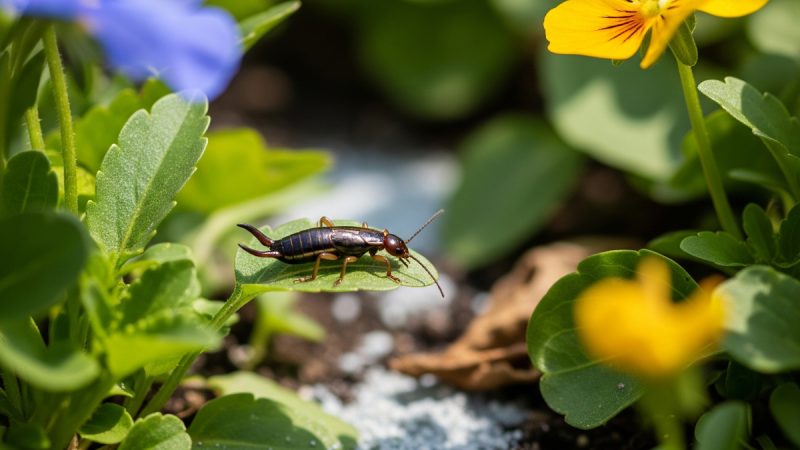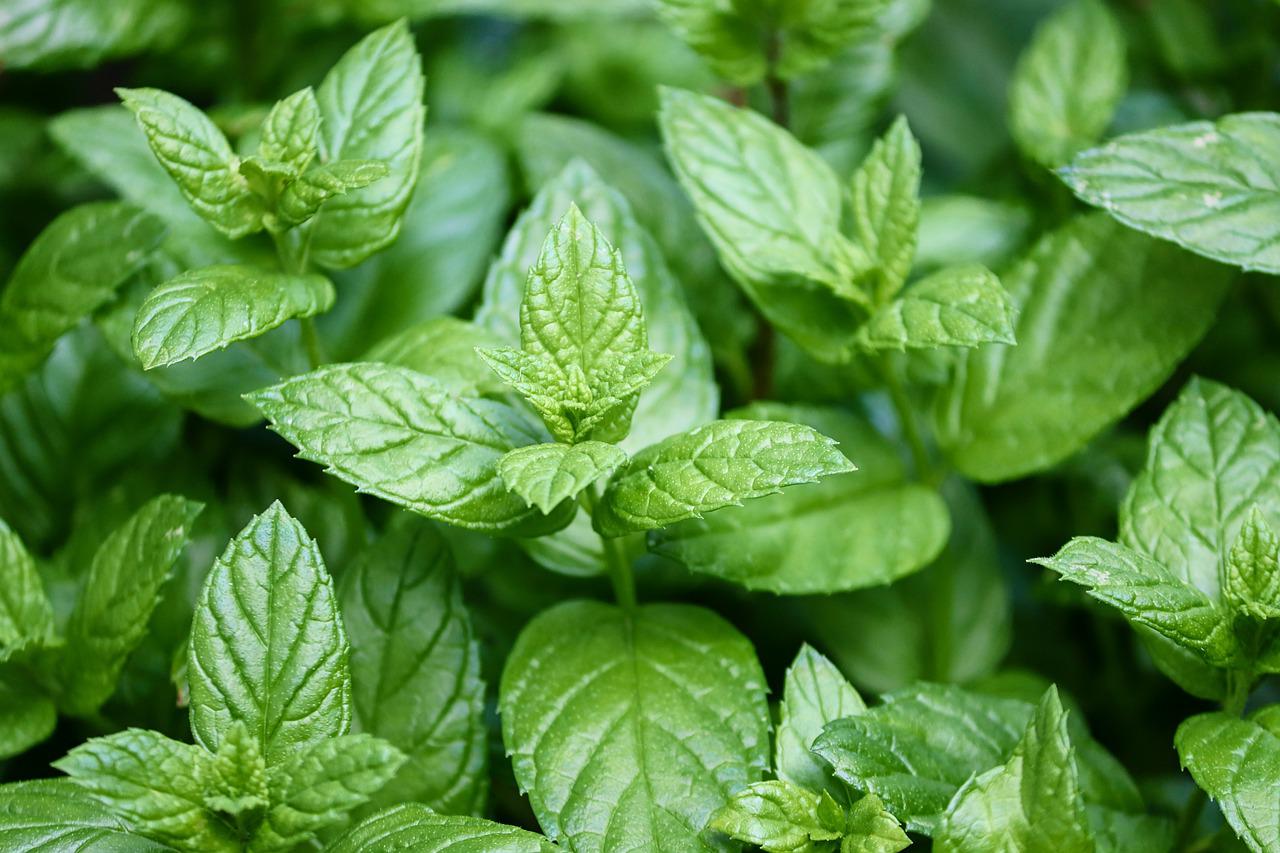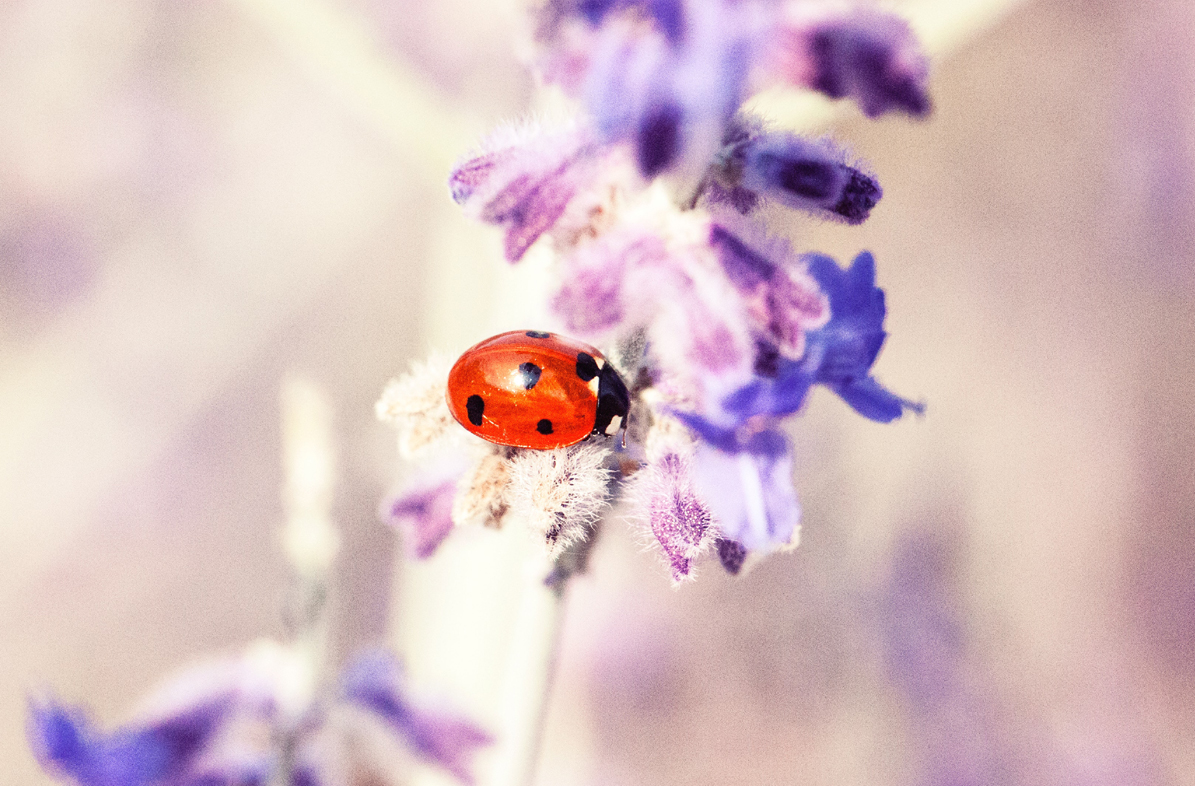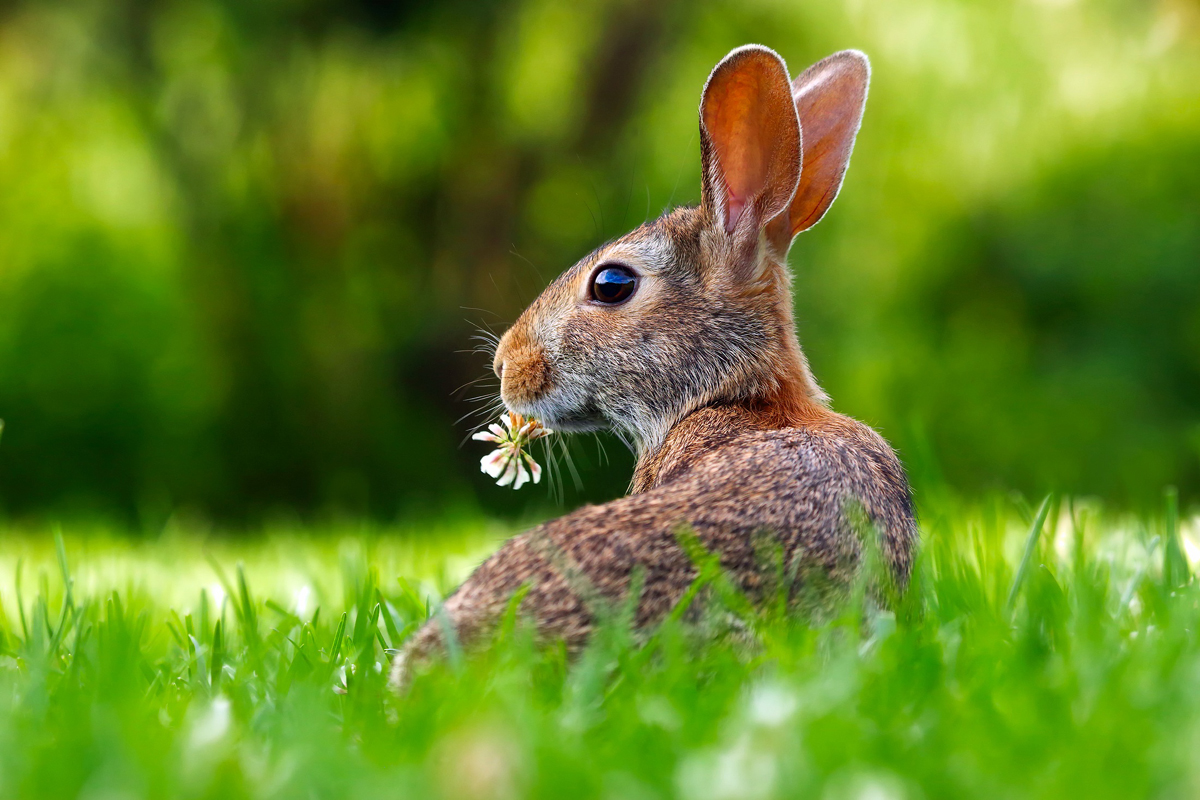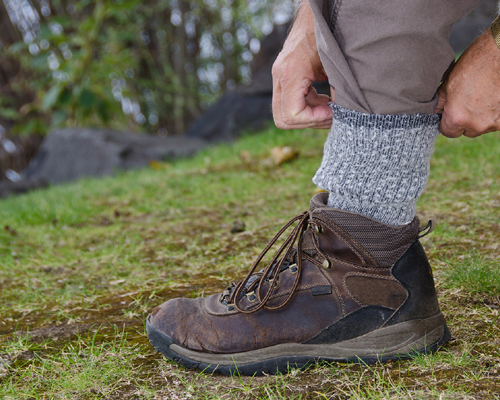Deer-Resistant Plants Aren’t Safe from Deer Damage
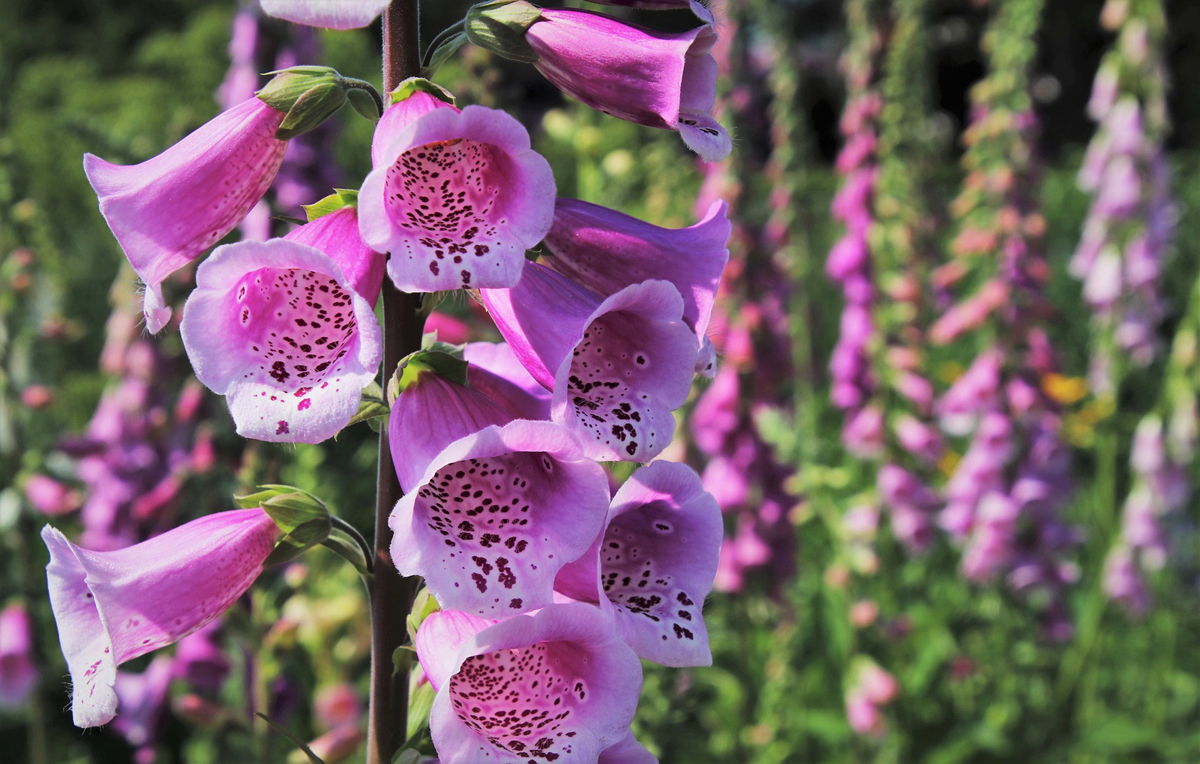
You’ve probably heard there are deer-resistant plants. But any professional landscaper will tell you these plants aren’t really “deer resistant” or “deer-proof“. No plant is. A hungry deer will find and eat any plant, even plants that don’t taste good to them.
There are some plants that are rarely damaged and some that are seldom severely damaged. There are, however, no plants that are deer-proof.
Here is a List of Plants That Deer Usually Do Not Eat:
- Berberis
- Digitalis
- Helleborus
- Hellebores
- Asclepias
- Achillea
- Aconitum
- Alchemilla
- Artemisia
- Buddleia
- Buxus
- Carex
- Epimedium
- Euphorbia
- Ferns
- some Geraniums
- Miscanthus and other ornamental grasses
- Lamium
- Lavandula
- Narcissus
- Nepeta
- Perovskia
- Potentilla
- Salvia
- Siberian Iris
- Stachys
- Thymus
- Verbascum
The keyword is “usually” don’t eat. These plants are not deer-proof.
Deer-Resistant Plants Solutions: How Do I Protect My Yard?
If you’ve experienced deer damage to your yard, landscaping or garden, you know how frustrating it can be. If you live in an area with a large deer population, chances are, you’ll be experiencing deer damage at some point.
Since no plant is truly resistant, but rather less likely to be damaged by deer, it’s important to use other solutions to protect your yard and garden from destructive deer.
Some individuals have had luck with traditional fencing or nets, however, this option costly and above all, not aesthetically pleasing to your garden or landscaping. Additionally, it isn’t always effective as deer have been known to breach the structure.
Many homeowners have tried homemade deer repellents, which often include spraying egg, bags of human hair, and hanging soap, unsuccessfully for years. Unfortunately, these homemade remedies are questionable at best and seldom work well. Just like deer-resistant plants, they aren’t an effective solution.
The best way to protect your yard is by using a commercial deer repellent. There are numerous deer repellents on the market today, so selecting a deer repellent can be confusing.
Deer Repellent: What Should I Look For?
When choosing a deer repellent, you’ll want to consider a few things:
- Effectiveness
- Economics (Cost)
- Type of Ingredients
The most effective deer repellents are both a scent and taste deterrent. Deer and other small animals are able to detect potential predators and food sources because they have a keen sense of smell and taste. For a repellent to be effective, it needs to target both senses.
In addition, the most effective deer repellents repel other animals, such as rabbits. Since an area that is prone to deer damage is also susceptible to rabbit damage, choosing a product that fights both is wise.
When considering cost, check the directions for how often the product should be reapplied. Select a repellent that will last a long time. The top quality repellents last for 3 months before needing a reapplication.
Beware of deer repellents that require reapplication after every rainfall. They are both costly and time-consuming. While the top-quality repellents may cost a little more up front, they make up for this in convenience and the peace of mind they provide.
Finally, check the ingredient list. Those with a capsaicin and egg combination are the most effective. The putrescent egg smells like a dead animal, which the deer mistake as the smell of a predator nearby. They’ll flee the area in response to the smell. The capsaicin, especially when combined with garlic, tastes bad to deer. It also causes an immediate irritation. The deer stop feeding once they taste this combination. These ingredients have no detectable smell to humans once dried, yet still remain very powerful to the deer.
There are deer repellents that contain chemicals. Be a conscientious consumer and buy a deer repellent that is natural and organic. Keep your family, pets, and the environment safe from chemical exposure and buy a repellent that is organic. To be sure you’re buying an organic deer repellent, check for the OMRI logo on the label. When you see that logo on the label, you’ll know the product has been certified organic.
When you use a deer repellent, you won’t need to worry about deer-resistant plants. You’ll be able to plant whatever you like and enjoy your landscape.

